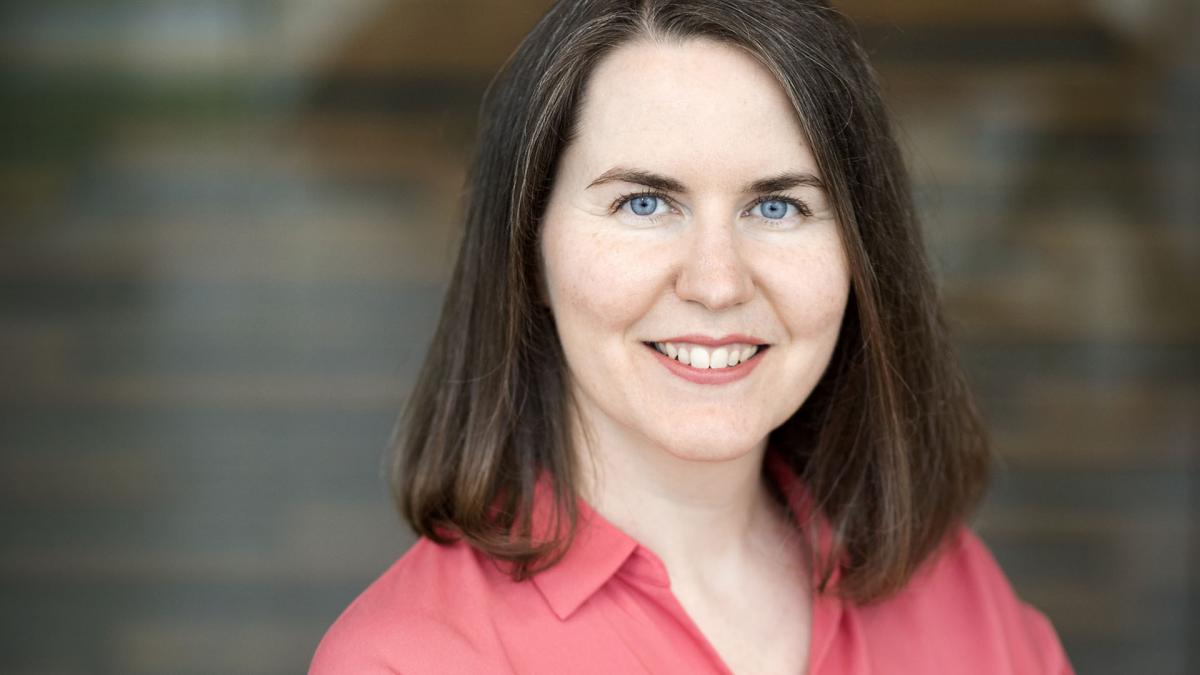Imagining possibilities for music teacher education through international collaboration
Danielle Treacy has been involved in co-developing music teacher education in Kathmandu, Nepal.

In her doctoral dissertation, Danielle Treacy states that in order to engage with the increasing diversity and rapid change characterizing contemporary societies it is important that music teacher education develop music teachers’ imaginations and capacities to envision the future. Treacy’s dissertation Imagining possibilities: Musician-teachers co-constructing visions in the Kathmandu Valley will be examined at the Sibelius Academy of the University of the Arts Helsinki on February 29, 2020.
Treacy’s dissertation project grew out of the 2010 introduction of music as a separate subject into Nepal’s national curriculum. As a result, cooperation was initiated with the Sibelius Academy, Uniarts Helsinki by the Nepal Music Center – the music institute that had lobbied the government to introduce music into the curriculum and later participated in developing the music curricula. Central to this cooperation was the idea that music teacher education not be exported, but that context-specific music teacher education be co-developed, and that such development work not be unidirectional, but develop music teacher education in both institutions.
As part of the Global Visions through Mobilizing Networks project, Treacy’s doctoral project focused on the perspectives of those involved in music education in Kathmandu Valley schools and on co-constructing visions of music education in Nepal with local musician-teachers – the musicians invited to teach music in schools and music institutes in the absence of formal music teacher education. Her project was implemented in three stages from 2014 to 2019 and involved over 50 musician-teachers in the Kathmandu Valley. The empirical material was generated through school observations, interviews with school administrators and musician-teachers, and a series of 17 workshops for musician-teachers.
The dissertation argues that music education is not neutral, but entangled with various historical, political, economic and socio-cultural complexities. It raises questions about how to develop music teacher professionalism in contexts lacking music teacher education and emphasizes the need for music teachers to be able to ethically navigate past, present and future musical practices in rapidly changing societies.
The process of co-constructing visions required the capacities of envisioning, reflecting, inquiring and learning collaboratively. According to Treacy, these are capacities that should be nurtured in music teacher education.
More information:
Danielle Treacy
danielle.treacy@uniarts.fi
The public examination of the doctoral dissertation of Danielle Treacy, titled Imagining Possibilities: Musician-Teachers Co-Constructing Visions in the Kathmandu Valley is on February 29, 2020 at Noon in the Music Centre, Black Box.
30 years of doctorates in music at the Sibelius Academy
In 2020, it will be 30 years since the first doctors of music graduated from the Sibelius Academy. So far, over 200 graduates have completed a doctorate in music. The internationally esteemed and groundbreaking doctoral programmes offered by the University of the Arts Helsinki’s Sibelius Academy train professionals for demanding expert positions in the arts, research and educational sector.